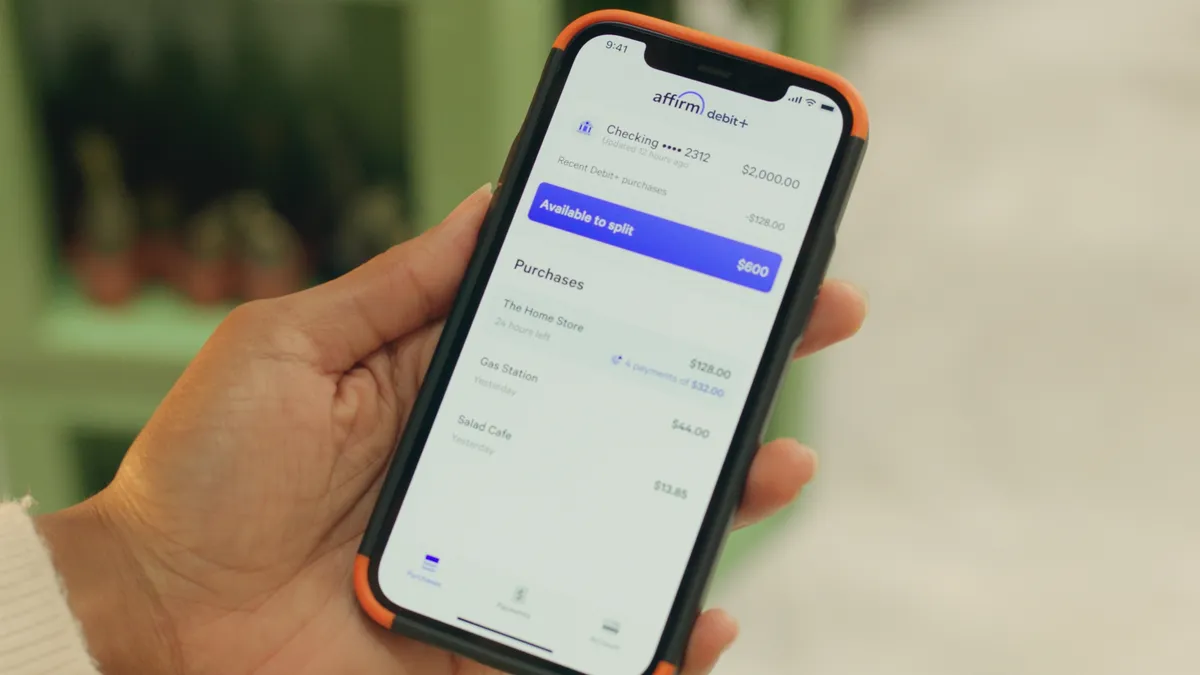Affirm’s chief financial officer Michael Linford explained during a shareholder event last Friday why the buy now, pay later provider projected a partnership with tech giant Apple would have no material impact on its profit and loss statement for the coming fiscal year.
Linford explained that the rollout for the integration with the Apple Pay service planned for this fall was “very controlled and thoughtful” because San Francisco-based Affirm doesn’t like having risk that the company “can't keep our arms around.”
Even though the launch is slated to occur during the company’s coming fiscal year, which will start on July 1 and end on June 30, 2025, Linford sought to tamp down expectations for how it would affect the company’s bottom line.
“For things to be material in the near term, they have to also be really, really big, really, really quickly. And I think we are mindful of the fact that this product is still being developed, and it is going to take a little while for that to be live,” he said.
Linford went on to compare Affirm’s rollout of integration with Apple Pay to the launch of its own debit-account-linked card.
“If you remember, with Affirm card, we told everybody that it wasn't going to be material early, and obviously, it's increasing substantially in its materiality to our business,” he said. “And I think it's very similar here, which is, the roll-out is going to be thoughtful and measured because we're good risk managers.”
There is a tension between offering Affirm financing at online checkout through Affirm’s own card and through a digital wallet like Apple’s, Linford admitted. Consumers could potentially choose the digital wallet over the Affirm card, a risk Linford called “cannibalization.” Still, he said there was little risk of the digital wallet partnerships displacing the Affirm card, given how much opportunity he saw for the company to get into consumer payments.
“Maybe 10 years down the road when we are at 15% of U.S. e-commerce, that may change,” he said. “But until we get to that point, there's just so much growth opportunity. Those conflicts don't really come up yet.”











